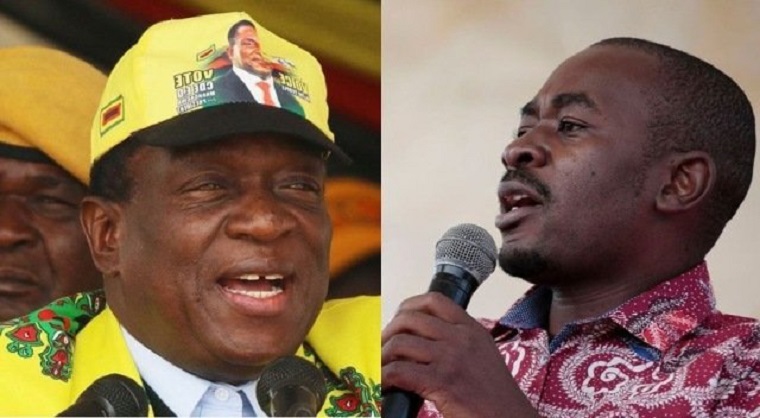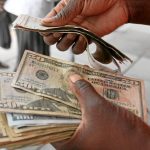Both sides square up again in July or August and the stakes are high. The opposition has been accusing the government of using the police to harass its members and stopping its rallies. The police say that campaigners have to apply for licences a fortnight before a rally and that many of the rallies that were stopped were illegal gatherings.
A poll by a London-based PR organisation, the SABI Strategy Group, and commissioned by the South African Brenthurst Foundation, which was established by the Oppenheimer family, has gone viral on the internet and social media. The poll, apparently conducted over phone lines with 1 000 Zimbabweans who had said they would definitely vote, claims that as things stand, 53% would vote for Chamisa while 40% would vote for Mnangagwa, and similar numbers would vote for the respective parties.
But as examples from the US and other countries show, political forecasting based on such polls can be a hazardous occupation. In addition, the voting pattern in all previous elections showed strong support for the opposition in urban areas but very solid support for ZANU-PF in the rural areas. For any poll to accurately reflect how people will actually vote, it would have to reach a much larger and more regionally diversified electorate.
The problem with such polls is that the projections are often seen as ‘inviolable’ and this can lead to post-election claims of rigging based on nothing more than the ‘evidence’ of a poll.
President Mnangagwa has pledged that the general election will be free and fair. The government is well aware that a great deal rides on how the elections are conducted and perceived.
Winning the contest is one thing – what to do after that is quite another. The victors will inherit a mountain of economic woes that have been decades in the making.
There will be no quick fixes or magic bullets. For starters, whoever is in government will need to re-engage with the multilateral organisations and donors to sort out its massive debt problem and work out a reconnection to the mainstream sources of financing.
The crucial battleground will be over who the voters are convinced will be able to deliver an economic upturn and stimulate the jobs the country’s youth is so desperate for. CCC claims the government is riddled with corruption and is not fit for purpose; the nation needs a fresh start under a new team.
ZANU-PF counters by saying that it has battled through incredible odds since it was cast into the economic wilderness and that it has now established a solid foundation on which the economy can be rebuilt. It needs another mandate to complete the job.
“In Zimbabwe, we underwent a very aggressive fiscal consolidation programme and since 2019, the country has not run a deficit of more than 3%,” said Finance Minister Professor Mthuli Ncube in an interview with African Banker magazine.
He said agriculture had turned around and “last year we had the best wheat winter crop in 50 years”. In addition the country produced 2.7m tonnes of maize in 2022, achieving the target of an US$8bn agricultural sector by 2023.
Continued next page
(133 VIEWS)


